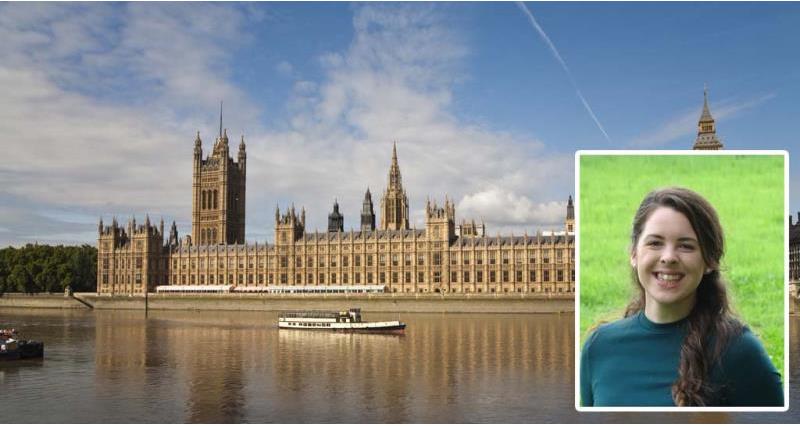The last two days have been particularly dramatic in Westminster with both the Trade Bill and the Taxation (Cross-border Trade) Bill - otherwise known as the Customs Bill - returning to the House of Commons to be debated. These bills are important to the government as they allow the UK to continue trading internationally after Brexit. They give the government the power to put in place tariffs and establish trade remedies such as anti-dumping measures, but also to implement trade agreements around the world, including rolling-over the existing relationships we already enjoy as part of the EU.
Discussion over the Customs Bill on Monday evening turned into a fiery debate over Mrs May’s plans for a Facilitated Customs Union. In the end, this bill passed through the House with a majority of only three votes with the government agreeing to four amendments which were put forward by leading Brexiteers. These amendments included one which prevents the UK from collecting taxes on behalf of the EU, unless the rest of the EU does the same for the UK. The collection of these taxes plays a key part in the government’s plans for a future trading agreement with the EU and so could have a big impact on the strategy set out in last week’s Brexit White Paper. There is considerable doubt whether the EU will accept such an arrangement – one of the reasons Conservative rebels pushed the amendment. On Tuesday night it was the turn of the Trade Bill. This bill went through Parliament narrowly avoiding an amendment which would have tied the government into being part of a customs union with the EU. A customs union allows for tariff-free trading between members with a common tariff set for imports from the rest of the world and would mean that trade in our agricultural goods would remain the same as it is now. However, this is not part of the government’s Brexit plan as they see this type of union as preventing the UK from striking new trade deals outside the EU.
The debate over the Facilitated Customs Union is important to agriculture as the government hopes that this plan, although currently unproven, will reduce friction at the border with the EU while still allowing us to trade on our own terms with other markets. Friction at the border adds cost to our UK products and can lead to lengthy waits which are problematic especially for perishable food products.
So where do the last two days leave us? The passage of these two bills through parliament with very slim majorities highlights the major cracks in support for Mrs May’s Chequers plan, including the Facilitated Customs Union. The government has managed to navigate its way over this major hurdle, albeit with some big concessions to Tory rebels. With MPs set to head home for summer recess soon, it is likely that this saga is set to continue over summer and into September. The next stop for Mrs May’s plan will be Brussels, where it will be discussed at the end of this week. It’s unlikely she’ll find things much easier there than they have been in Westminster.
